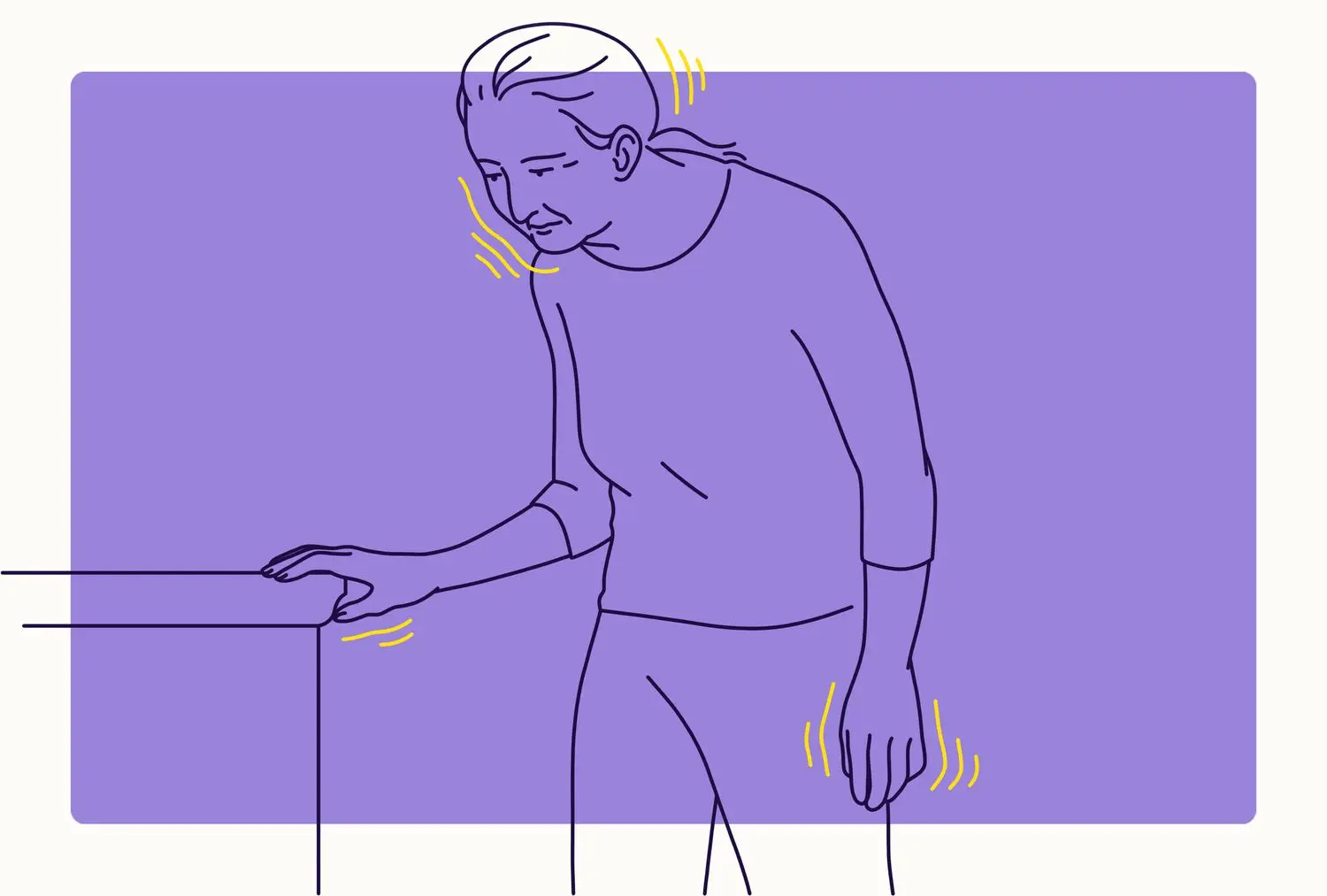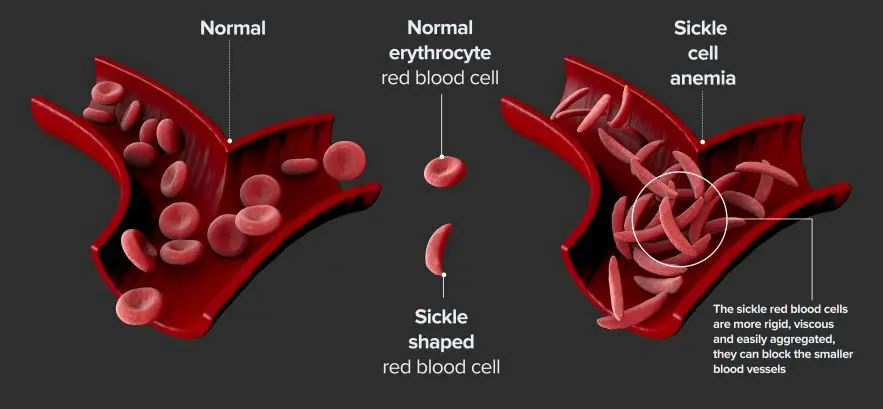
Medications for Alzheimer’s Disease
Several FDA-approved medications help manage symptoms and slow progression.
| Medication | Purpose | Common Brand Names |
|---|---|---|
| Cholinesterase Inhibitors | Improve memory and cognition | Aricept, Exelon, Razadyne |
| NMDA Receptor Antagonists | Regulate glutamate activity in the brain | Namenda |
| Combination Therapy | Enhances cognitive benefits | Namzaric (Donepezil + Memantine) |
| New Disease-Modifying Drugs | Target beta-amyloid plaques to slow progression | Leqembi, Aduhelm |
Lifestyle and Non-Medical Treatments
1. Cognitive Therapy
Engaging in memory-enhancing activities such as puzzles, reading, and structured social interactions can help maintain cognitive function.
2. Diet and Nutrition
A brain-healthy diet like the Mediterranean or DASH diet can reduce cognitive decline. Key components include:
- Leafy greens
- Nuts and berries
- Whole grains
- Fish and healthy fats
3. Physical Exercise
Regular exercise, such as walking, yoga, and strength training, improves brain function and overall health.
4. Sleep and Stress Management
Adequate sleep and stress reduction techniques, like meditation and mindfulness, support brain health and emotional well-being.
Support for Caregivers
Caring for an Alzheimer’s patient can be challenging. Consider these resources:
| Support Type | Description |
| Respite Care | Temporary relief for caregivers through professional support. |
| Support Groups | Online and in-person communities for shared experiences. |
| Home Health Services | Professional caregivers assist with daily activities. |
| Financial Assistance | Medicaid, Medicare, and nonprofit organizations offer support. |
Future of Alzheimer's Treatment
Ongoing research continues to explore potential breakthroughs, including:
- Gene therapy
- Immunotherapy
- Stem cell treatments
- AI-driven diagnostics and care planning
Conclusion
Although there is no cure, Alzheimer’s disease treatment options continue to advance, offering hope for improved management and better patient outcomes. Early intervention, a healthy lifestyle, and caregiver support play essential roles in enhancing the quality of life for those affected by Alzheimer’s.






